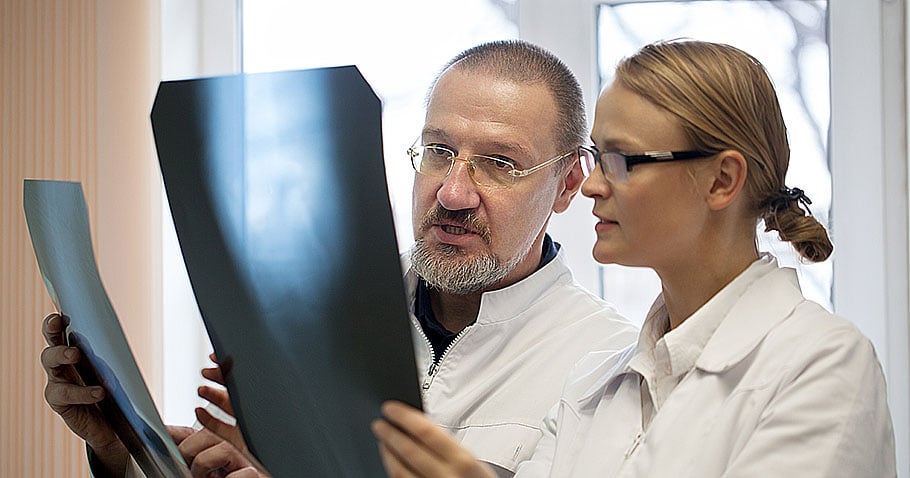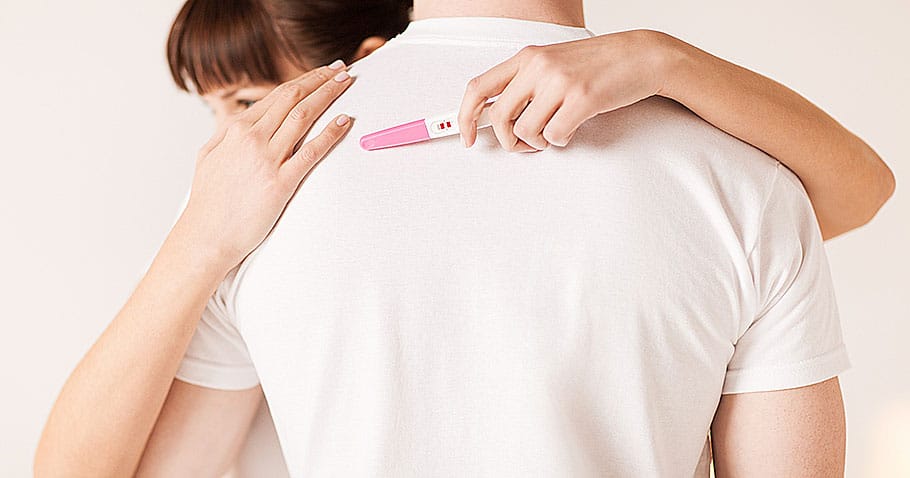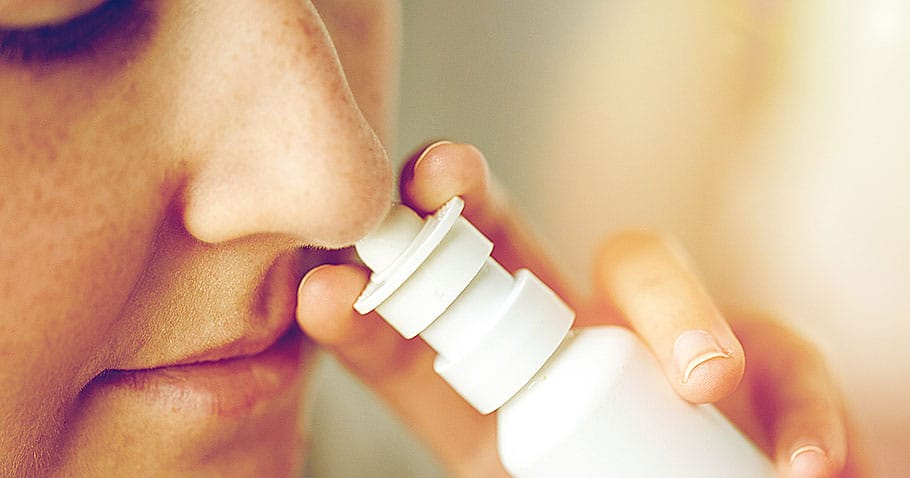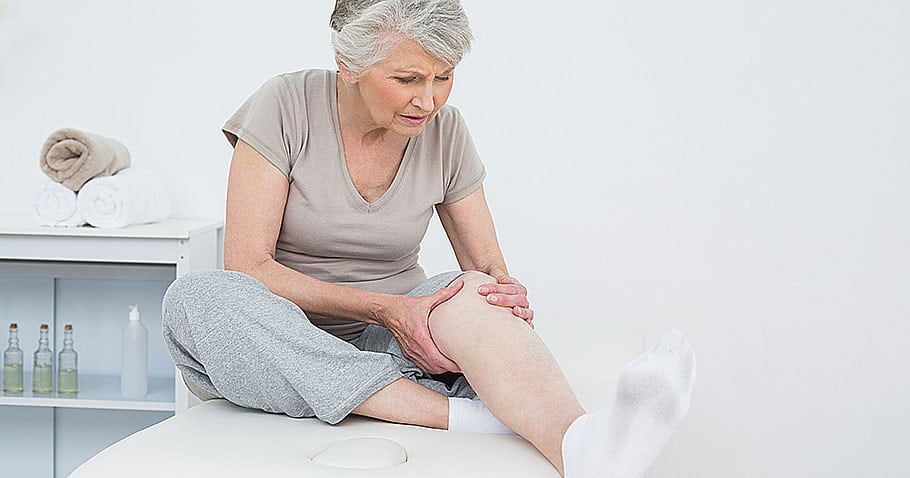Post hip surgery, the hip surgeon will provide you with some kind of blood thinner to avoid blood clotting in your leg region. The surgeon will prescribe the usage time, in the range between 3-6 weeks, depending on the patient’s condition. It should be taken exactly as instructed by the doctor. However, it is also necessary to get your blood test done once or twice a week to determine on the blood clogging factor.
Precautionary measures for hip surgery
Wearing Compression Stockings
Wearing Compression Stockings can provide much relief and support to the operated area. In fact, these stockings help in compressing veins of the legs. It minimizes swelling which results in reducing the blood clots.
The doctor’s order must be followed
- At times, chances are there that swelling in the leg being operated becomes too much of a problem. During such scenarios, consult the doctor immediately. Also, try to elevate the leg and raise it above the heart level for short intervals all throughout the day. Do this while lying down. This can cause some relief.
- The stocking needs to be worn continuously all throughout the day. It can be removed only for a couple of hours, not more than that.
- In case of additional pain, swelling, and discomfort, the doctor must be notified at once.
- Never try to discontinue wearing the stockings post-operative stage. The doctor will suggest the best time to get it removed. Follow it strictly. There are infection risks after hip surgery.
Caring measures post-surgery
Always try to keep the incision dry. It must be covered with light dry dressing for around 10-14 days. The surgeon will decide how long the dressing should be there and when to remove. Normal showering activity is never restricted; however, in special cases, the doctor may ask to take some additional precautionary measure while showering. Post this activity, totally dry dressing needs to be applied to the incision. Consult the hip surgeon in McLean in case there happens to be increase in pain, drainage, redness, or heat around the incision. In case of fever, take the temperature readings and inform the surgeon or physician immediately.
Signs of possible infections
- Prolonged swelling at the incision site
- Redness affecting the area
- Incision site suddenly facing a colour change
- Foul odour from the incision area
- Hip pain increases and keeps continuing
- Frequent fever with temperature rising beyond 101.5 F
Preventive measures to avoid infection after hip surgery
Keep the incision dry as much possible. Take prophylactic antibiotics in case of invasive situation to prevent swelling and inflammation. Be in touch with the hip surgeon in McLean to inform about the progress and condition of the situation.








Comments